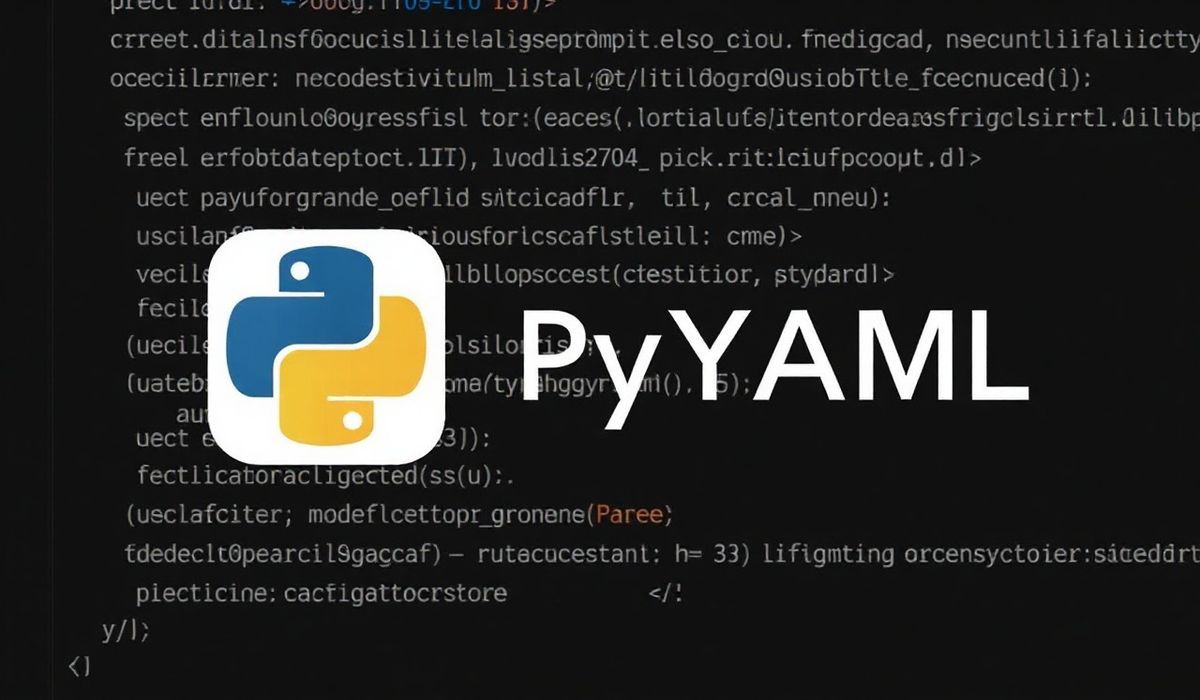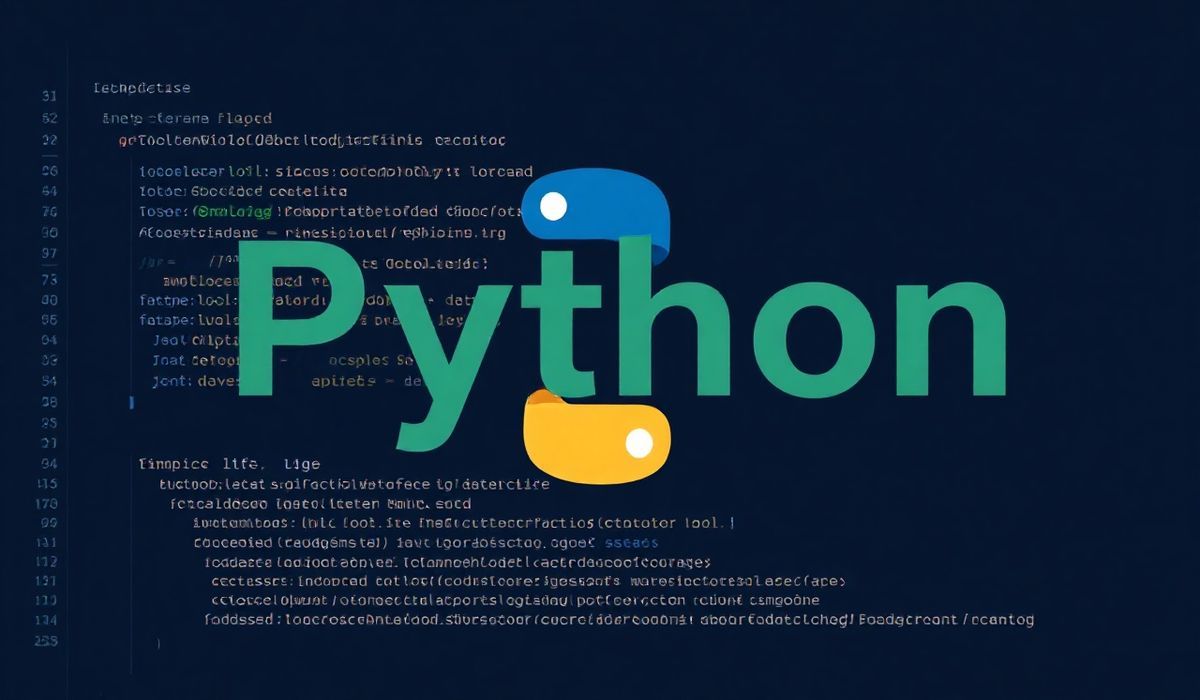Introduction to PyYAML: A Powerful YAML Parsing Library
PyYAML is a Python library that provides an easy way to parse and generate YAML data. YAML, or ‘YAML Ain’t Markup Language,’ is a human-readable data serialization standard that is widely used for configuration files and data exchange. PyYAML allows developers to seamlessly read, write, and manipulate YAML files in Python.
Why Use PyYAML?
PyYAML is lightweight and user-friendly, making it perfect for handling configuration files and structured data. Additionally, it provides advanced features such as custom serialization and deserialization, support for YAML anchors, and more. Let’s explore some of its key functionalities.
Installing PyYAML
You can install PyYAML using pip:
pip install pyyaml
Basic Usage: Loading YAML Files
To load a YAML file into a Python object, you can use the yaml.load or yaml.safe_load method.
Example:
import yaml
yaml_data = """
name: John
age: 30
hobbies:
- coding
- hiking
"""
data = yaml.safe_load(yaml_data)
print(data)
# Output:
# {'name': 'John', 'age': 30, 'hobbies': ['coding', 'hiking']}
Dumping Python Objects to YAML
You can serialize Python dictionaries or objects back into a YAML-formatted string using the yaml.dump method.
Example:
data = {
'name': 'Alice',
'age': 25,
'skills': ['Python', 'Machine Learning']
}
yaml_string = yaml.dump(data)
print(yaml_string)
# Output:
# age: 25
# name: Alice
# skills:
# - Python
# - Machine Learning
Reading YAML from a File
Here’s how you can load YAML data directly from a file:
with open('config.yaml', 'r') as file:
config = yaml.safe_load(file)
print(config)
Writing YAML to a File
data = {
'database': {
'host': 'localhost',
'port': 3306,
'username': 'admin',
'password': 'password123'
}
}
with open('output.yaml', 'w') as file:
yaml.dump(data, file)
Advanced Usage: Custom Loaders and Dumpers
PyYAML allows you to define custom loaders and dumpers to extend YAML functionality. For example, you can create a class object from YAML using yaml.Loader.
class Person:
def __init__(self, name, age):
self.name = name
self.age = age
def person_constructor(loader, node):
values = loader.construct_mapping(node)
return Person(**values)
yaml.add_constructor('!Person', person_constructor)
yaml_data = """
person: !Person
name: Charlie
age: 34
"""
data = yaml.safe_load(yaml_data)
print(data['person'].name) # Output: Charlie
Building an App with PyYAML
Below is a simple example application that generates and reads user configuration data using PyYAML:
import yaml
def save_config(filename, config):
with open(filename, 'w') as file:
yaml.dump(config, file)
def load_config(filename):
with open(filename, 'r') as file:
return yaml.safe_load(file)
# User configuration example
user_config = {
'user': {
'username': 'coder123',
'theme': 'dark',
'auto_save': True
},
'preferences': {
'notifications': True,
'backup_frequency': 'weekly'
}
}
# Save configuration to a file
save_config('user_config.yaml', user_config)
# Load configuration from the file
loaded_config = load_config('user_config.yaml')
print(loaded_config)
Conclusion
PyYAML is a versatile and straightforward library that simplifies YAML processing for Python developers. Whether you’re building configuration-driven applications or need structured data serialization, PyYAML has you covered. By leveraging its extensive API and customization capabilities, you can handle YAML efficiently in your projects.




